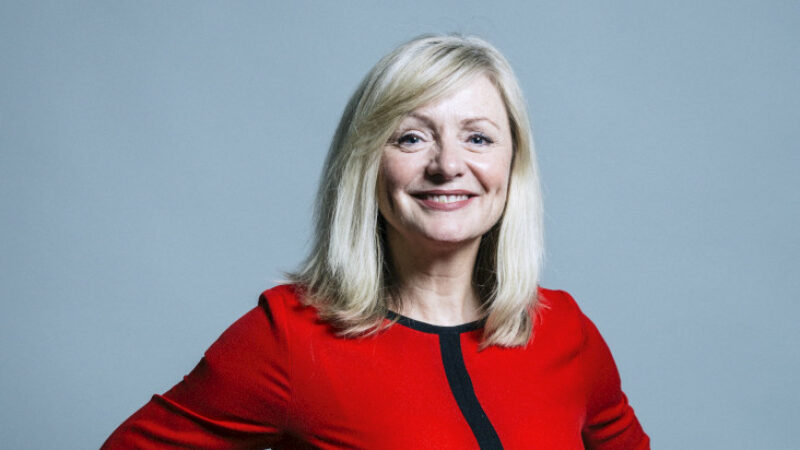
It feels like years ago – although it’s actually been less than six weeks – that Nicky Morgan, in one of her final acts as Culture Secretary, announced a consultation on decriminalising non-payment of the TV Licence Fee. This was framed as part of a broader government ambition to “reform” the BBC and review its funding arrangements so it could “remain relevant” in the Netflix era.
This came after briefing wars during the general election, unnamed No. 10 advisors promising to “smash the BBC” and Tory MPs signalling their outrage on Twitter. Mysteriously, there was no mentioned a consultation of this nature in the Tory manifesto – and the backlash against it has been enormous. I made clear that Labour would oppose any plans to undermine our public service broadcaster or to strip it of vital funding.
Understandably, given the Covid-19 crisis, the public are focusing on the safety of their loved ones or the security of their income during the lockdown. During this unprecedented time, with the public preoccupied and civil society organisations stripped of capacity, the government should have paused this consultation.
That’s why I wrote to Oliver Dowden – Morgan’s successor as Secretary of State – last week calling for the consultation to be postponed. Those calls have sadly fallen on deaf ears, and the future of the BBC’s funding remains in peril. The case against the government’s proposals is overwhelming. As recently as 2015, a government-appointed QC reviewed the licence fee, concluding it was the fairest and most equitable way to fund our public service broadcaster.
The licence fee is the BBC’s main source of income, accounting for £3.69bn in the last financial year or approximately 75% of the broadcaster’s revenues. Decriminalising non-payment would cost the BBC an estimated £200m a year in increased evasion. That’s would severely impact on the BBC’s ability to create the brilliant news, drama, documentaries and entertainment that 91% of the population enjoy every week.
This pandemic has made the need for high-quality, independent public service broadcasting clearer than ever. Two weeks ago, as the Covid-19 crisis gathered pace, the BBC News website received 70 million unique UK visitors – the most ever in the single week. Audiences have increased considerably for BBC Breakfast and BBC News as the public seeks for practical information and advice. The corporation’s announcement of a specially-tailored programme of content to bring vital information to the public throughout this emergency was widely praised.
Decriminalising the licence fee would make producing this sort of content much more difficult – and mean the end of the BBC as we know it. I’m asking for your help, and that means making our views heard by responding to the consultation before it closes in a week’s time.
The good news is that I’ve made it easy for you to help, and it only takes five minutes. So please, stick the kettle on, visit ourbbc.co.uk and download our suggested consultation response to send to the government. The BBC has supported the British people so much over the years – now is the time for us to show our support.




More from LabourList
Antonia Romeo appointed to lead civil service as new Cabinet Secretary
‘If Labour is serious about upskilling Britain, it must mobilise local businesses’
Stella Tsantekidou column: ‘What are we to make of the Labour Together scandal?’